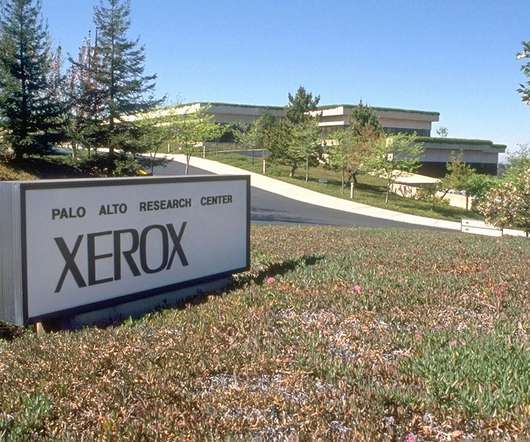DOE awards Texas A&M AgriLife Research $2.2M to investigate ways to market bio waste from biofuel refineries
Green Car Congress
OCTOBER 16, 2018
million grant to researchers at Texas A&M AgriLife Research to investigate potential discoveries for waste products used in lignocellulosic biofuel production, turning them into valuable agents used in producing commercial products such as biodiesel and asphalt binding agents. in Washington State and the University of Tennessee.




































Let's personalize your content